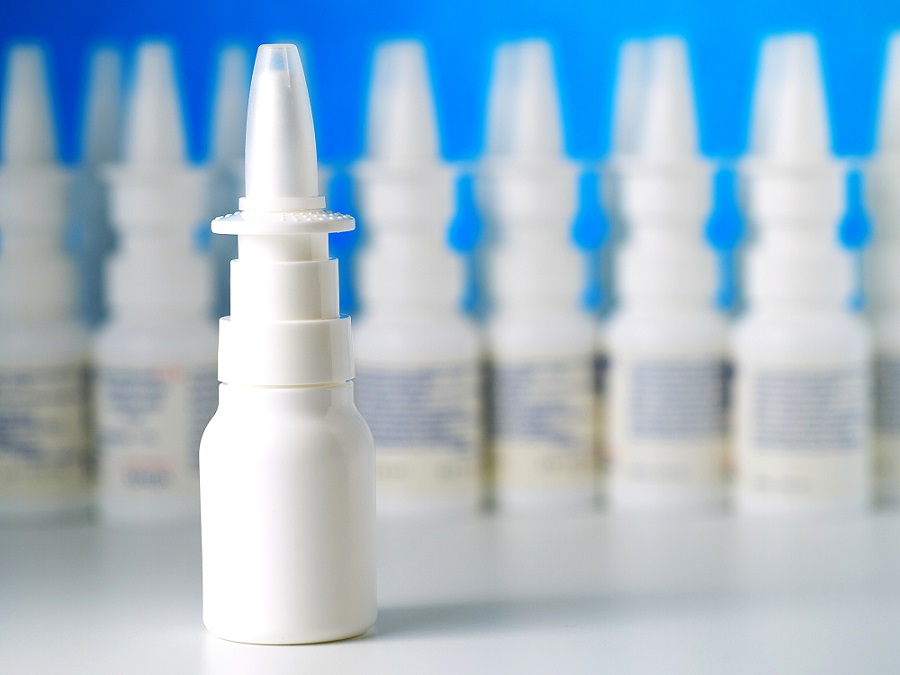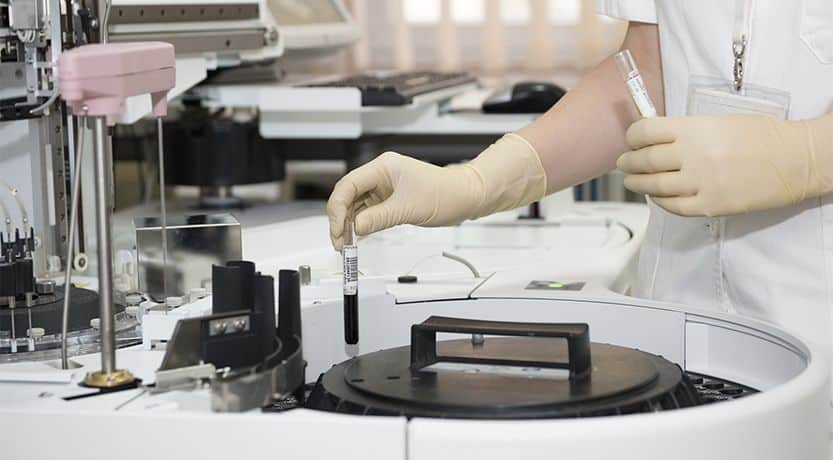Abnormal germ cell development in cryptorchidism is not a result of a congenital dysgenesis but is preceded by a hormone imbalance and perturbation in germ cell-specific gene expression during abrogated mini-puberty.Adequate treatment with low doses of GnRHa enables 86% of men to achieve a normal sperm count and, most importantly, prevent development of azoospermia. GnRHa treatment induces a significant transcriptional response, including protein coding genes involved in pituitary development, the hypothalamic-pituitary-gonadal axis, and testosterone synthesis. Furthermore, hormonal treatment to achieve epididymo-testicular descent as a first choice of treatment of cryptorchidism has a long tradition in Europe. It eliminates the necessity of subsequent surgery. Moreover, in the cases of non-responders it facilitates orchidopexy and contributes considerably to a reduced incidence of unilateral and the more serious bilateral complete post-surgical testicular atrophy.
Download complete article
Category: News
DMRTC2, PAX7, BRACHYURY/T and TERT Are Implicated in Male Germ Cell Development Following Curative Hormone Treatment for Cryptorchidism-Induced Infertility
Defective mini-puberty results in insufficient testosterone secretion that impairs the differentiation of gonocytes into dark-type (Ad) spermatogonia. The differentiation of gonocytes into Ad spermatogonia can be induced by administration of the gonadotropin-releasing hormone agonist, GnRHa (Buserelin, INN)). Nothing is known about the mechanism that underlies successful GnRHa treatment in the germ cells.
Download complete article
Gene Expression Changes Underlying Idiopathic Central Hypogonadism in Cryptorchidism with Defective Mini-Puberty
Gene Expression Changes Underlying Idiopathic Central Hypogonadism in Cryptorchidism with Defective Mini-Puberty
The whole genome RNA profiling of testicular biopsies by DNA strand-specific RNA sequencing was examined to determine a potential causative role of isolated congenitalcryptorchidism in azoospermia and/or infertility in the context of our previously published GeneChip data. Cryptorchid patients, aged 7 months to 5 years and otherwise healthy, were enrolled in this prospective study.
Download complete article


